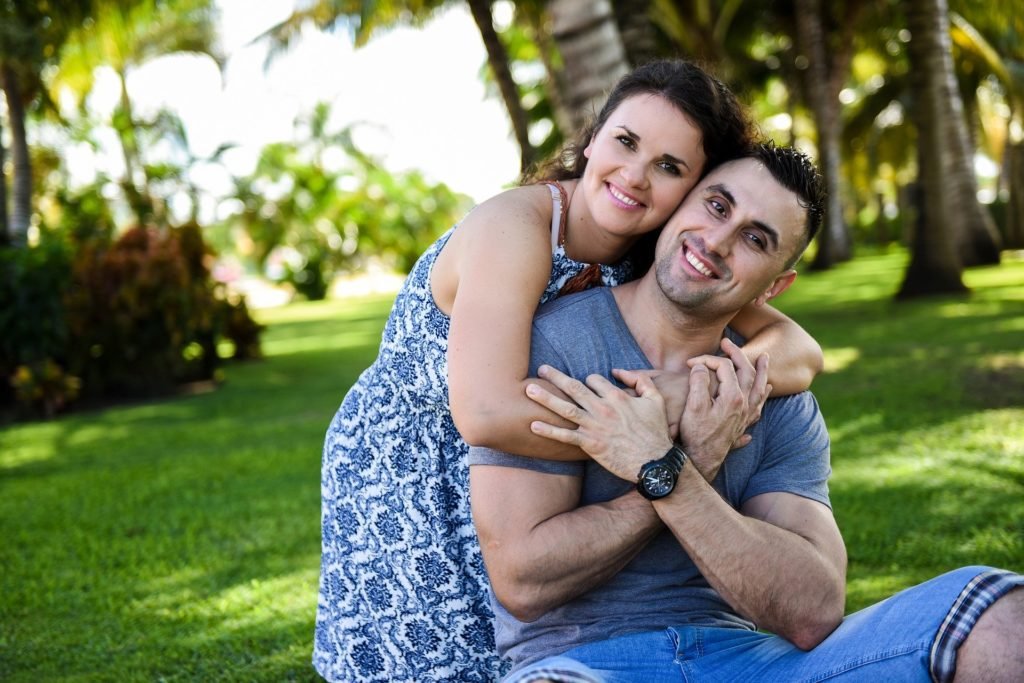Age-gap relationships have always been a topic of discussion and debate. While some people view them with skepticism, others embrace them as a natural part of life. In the midst of these differing opinions, friends play a significant role in either supporting or challenging these relationships. This article explores the various ways in which friends can impact age-gap relationships and the importance of their influence.
1. Emotional Support
One of the primary roles friends play in age-gap relationships is providing emotional support. They can offer a listening ear, advice, and reassurance during challenging times. Friends who are accepting and understanding can help bridge the gap between the couple, offering empathy and perspective.
Furthermore, friends can act as a buffer against societal judgment and criticism. They can remind the couple of their worth and help them navigate through any negativity they may encounter due to the age difference.
However, it is essential for friends to maintain a balanced approach. While providing support, they should also encourage open communication and healthy boundaries within the relationship.
Overall, friends who offer emotional support can strengthen age-gap relationships by providing a safe space for the couple to express their feelings and concerns.
2. Social Acceptance
Friends play a crucial role in fostering social acceptance of age-gap relationships. Their acceptance and inclusion of the couple in social gatherings can help normalize the relationship in the eyes of others.
By treating the couple with respect and inclusivity, friends can challenge societal biases and stereotypes. Their actions can demonstrate that love knows no age boundaries and that age-gap relationships can be just as fulfilling and successful as any other.
However, it is important for friends to be mindful of their own biases and prejudices. They should avoid making insensitive comments or jokes that may inadvertently harm the couple or perpetuate ageist beliefs.
Ultimately, friends who promote social acceptance of age-gap relationships contribute to the overall well-being and happiness of the couple.
3. Challenging Stereotypes
While friends can provide support and acceptance, they can also challenge age-gap relationships by perpetuating stereotypes. Sometimes, friends may have preconceived notions about age differences and may express concerns or doubts about the viability of the relationship.
These challenges can range from questioning the motives of the individuals involved to expressing concerns about future compatibility. Friends may worry about the potential power dynamics or societal judgment the couple may face.
It is important for friends to approach these concerns with empathy and understanding. Instead of dismissing the relationship outright, they can engage in open and honest conversations with the couple, encouraging them to reflect on their choices and address any potential issues.
By challenging stereotypes, friends can help the couple strengthen their relationship by addressing any underlying concerns and fostering growth.
4. Providing Perspective
Friends can offer a valuable outside perspective on age-gap relationships. They can provide insights, advice, and experiences that the couple may not have considered. This perspective can help the couple navigate through challenges and make informed decisions.
However, it is crucial for friends to offer their perspective in a respectful and non-judgmental manner. They should avoid imposing their own biases or beliefs onto the couple, but rather encourage open dialogue and critical thinking.
By providing perspective, friends can contribute to the couple’s growth and understanding, helping them build a strong foundation for their relationship.
5. Encouraging Individual Growth
Age-gap relationships often involve individuals at different stages of life. Friends can play a vital role in encouraging individual growth within the relationship.
They can support each individual’s personal goals, aspirations, and development. Friends can offer guidance and encouragement, helping the couple navigate through the challenges that arise from their age difference.
Furthermore, friends can help the couple maintain a sense of identity outside of the relationship. They can encourage hobbies, interests, and social connections that are independent of the age-gap relationship.
By promoting individual growth, friends contribute to the overall health and longevity of the age-gap relationship.
Conclusion
Friends have a significant impact on age-gap relationships, whether through emotional support, social acceptance, challenging stereotypes, providing perspective, or encouraging individual growth. Their influence can shape the trajectory of the relationship, either strengthening it or posing challenges.
It is important for friends to approach age-gap relationships with an open mind, empathy, and respect. By doing so, they can contribute to the happiness and well-being of the couple, fostering a supportive and inclusive environment.
Ultimately, age-gap relationships can thrive when friends play a positive role in supporting and challenging the couple, helping them navigate through the complexities that come with their unique dynamic.


